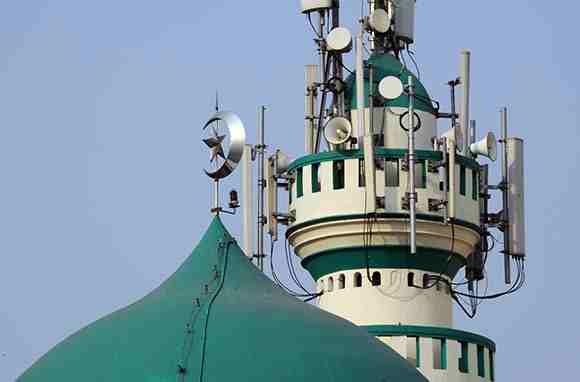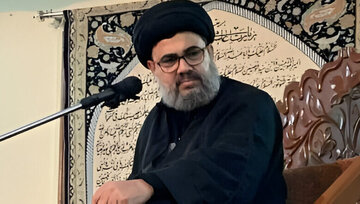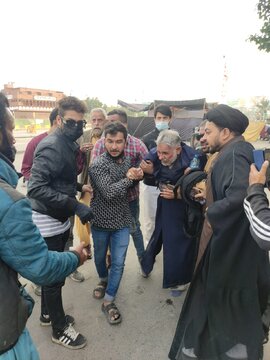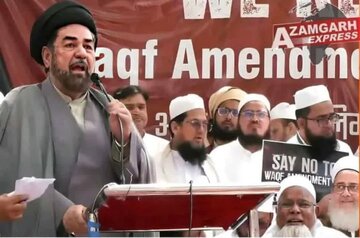A ban on using loudspeakers during Muslims’ adhan, or call to prayers, has been raising controversies among Mumbai Muslim leaders amid arguments that mosques are using illegal loudspeakers.
"Adhann is mandatory to prayer, not the use of loudspeakers,” senior community leader Dr M A Patankar who, like many others, feel disturbed by the noise from illegal loudspeakers atop some mosques, told Times of India on Sunday, August 3.
“Adhan should be sonorous and easy on the ears. If loudspeakers are inconveniencing fellow citizens, I would say the mosques should remove them before the police take action," he added.
Debates started when Navi Mumbai resident Santosh Pachalag petitioned the Bombay High Court against "illegal use of loudspeakers" by mosques in his area.
A Right to Information (RTI) plea has found that 45 of 49 mosques in the area didn't have permission to use loudspeakers.
Acting on the petition, the Bombay High Court directed the police last week to remove "illegal" loudspeakers from mosques.
For some Muslims, the ban was necessary to stop some muezzins from misusing adhan to disturb neighbors.
According to activist Saeed Khan, describes increasing levels of noise from loudspeakers atop mosque minarets.
He cited an example of the Saboo Siddique Hospital in Dongri which is situated between two mosques for Sunnis and Shiites.
"Normally an adhan should last two to three minutes, but here the muezzins at both the mosques give adhans which last longer,” says Khan. Ali Namazi, honorary secretary of Mughal Mosque's Trust, denying that his mosque is in any competition but admits that during the recently-concluded Ramadan festivities the loudspeaker volumes were "really high".
"I ensured that the volume is reduced as it was inconveniencing many residents. We don't allow anything which creates problem for the citizens," claims Namazi.
With some justifying the ban, the court decision has awakened many Muslims who gathered in New Mumbai under the banner of Muslim Ekta Forum, deciding to approach the court against the rule that says that loudspeakers should not be used between 10pm and 6am.
"Our morning prayer is held around 5am. We are planning to challenge this rule and want exemption for it," says the Forum's president, Ali M Shamsi.
“We have told the mosques' managements to follow the rules.”
The Adhan is the call to announce that it is time for a particular obligatory Salah (ritual prayer).
The Adhan is raised five times a day.
Opposition to Muslims’ adhan dates back to months ago when Hindu outfit called Rashtriya Hindu Andolan organized a protest in Mangalore city in the southern Indian state of Karnataka demanding a ban on morning adhan.
Protesters claimed that the Muslim call to prayer at dawn disturbs people of other faiths.
Restrictions facing Muslims religious freedoms were not limited to fajr call to prayer.
Right wing Hindu groups such as Vishwa Hindu Parishad (VHP), Bajrang Dal and Shiv Sena have been campaigning in central India for the last few years to stop Muslims from offering prayers in the open on Fridays and on some special occasions, when all the Muslims can’t be accommodated in mosques due to large number of participants.
Muslims’ tense relations with the Hindu nationalist started after the bloody massacre of more than 2000 Muslims in Gujarat in 2002.
Many Muslims fear that the newly appointed PM Narendra Modi could end several schemes meant for minority community launched by the Congress government.
/129





